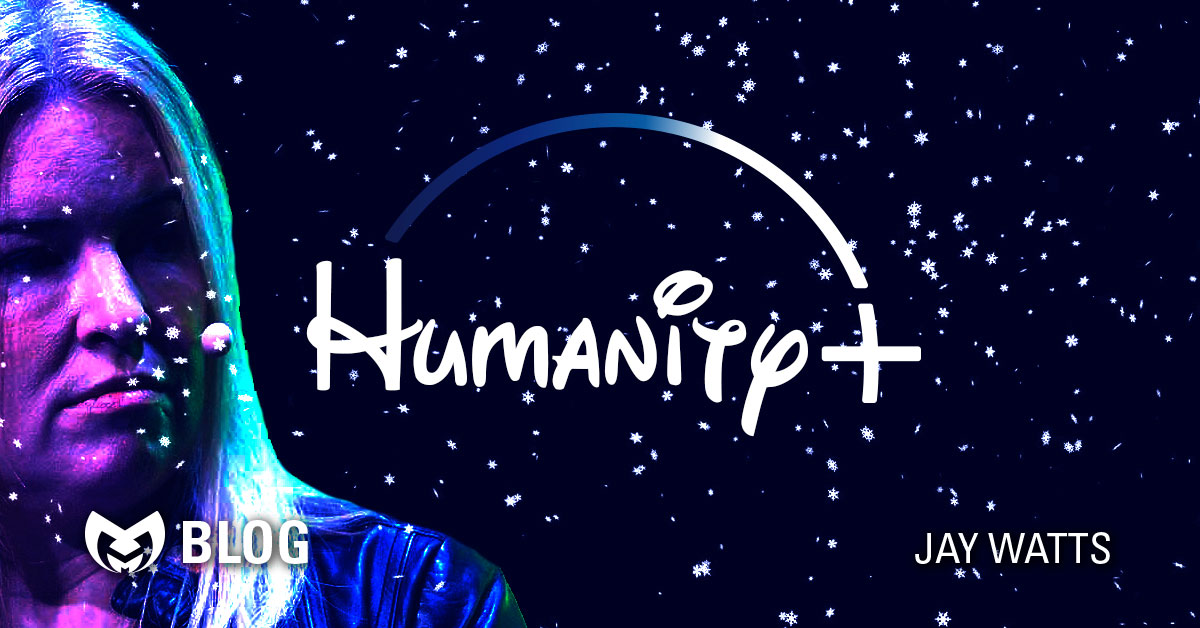A friend and I recently discussed the world in which we live. We talked about regularly seeing people abused and murdered on social media. Riots and fights and brutality are posted by our “Friends” into our feeds under the guise of news. For those who follow the links, comment threads promise to fuel a whole new wave of anger. My friend gave words to his hurt, “Can you believe how horrible we are to each other?”
I responded, “It is terrible, but it shouldn’t be surprising.”
“What do you mean?”
“Well, once we decided it was permissible to kill our offspring before they were born all manner of evil became possible. What are strangers to us if our own offspring don’t matter? Once we start that game, we can find almost any reason to devalue each other.”
My friend thought for a moment, “I guess where we start our understanding of how we treat others infects everything thereafter.”
A Tale of Two Values
If human beings are valuable by virtue of what we are, if our universal and equal dignity is grounded in our shared humanity, then all human beings ought to be treated with dignity and respect. Further, if we are the imago Dei, the image bearers of God, then it is of the utmost importance to understand correcting error in others as drawing them closer to the truth both for obvious justice concerns in the community and for the sake of the human being living in error. Our opponents matter.
Once we ground the value of human beings in our capacities, rather than our humanity, things go bad fast. In this view, we are not beings with intrinsic dignity. Our humanity doesn’t ground our value, but our humanity plus sentience, our humanity plus organized cortical brain activity, our humanity plus viability, or our humanity plus being born does. Our mere humanity fails to demand the respect of others. Some human lives are less important than others, and we license ourselves to treat those we defined out of the family of fully valuable human beings however badly we wish.
Proponents of the view that some capacity or another gives us our value appeal to any number of options to make their case, a few of which were listed above. There are many more, but it seems there might be an unspoken immediately practicable capacity being championed in practice if not yet in argument all over the internet. How about humanity plus the correct political views?
The Right Humans with Right Views
Take the much talked about LA Times column in which the author unironically wondered whether it was appropriate to express gratitude to a Trump supporter who plowed snow out of her driveway as an unsolicited neighborly gesture. After all, Nazis could also be polite. Those who claim the title of the accountability culture, what others term the cancel culture, regularly celebrate hounding people out of employment for the unpardonable sin of posting distasteful things on the internet, very particular distasteful things not the run of the mill distasteful things posted everywhere by seemingly everyone. Real world consequences? Ruined lives? Professional pariahs? Broken human beings committing suicide in the wake of their digital shunning? Ah well, the world is better off without some humans contributing because a human minus the correct views just doesn’t matter the same as others.
Bad Ideas Have Victims
Things go bad fast. In his book Intellectuals, historian Paul Johnson offered a pejorative definition of intellectuals. He said a certain type of intellectual is a person who loves their ideas more than people. As John Stonestreet often says, ideas have consequences, and bad ideas have victims. The dehumanizing continues. The victims multiply. It’s easier to believe our enemies are something other than ourselves in order to avoid the terrible consequences of understanding our fellow man as the imago Dei. What are those consequences? The profane, vindictive, and hateful “other” matters and bears inestimable worth.
Every human life carries intrinsic dignity. That can make ethics messy on the edges of life. It can make other human beings inconvenient to our own personal agendas. That principle also helps draw clear lines to guide us even when our passions get the best of us, and we run right over and past those lines. It helps us to know where to go back to and what to repent for. That principle defines our engagement and demands we never lose sight of the intrinsic dignity of even the vilest of our neighbors.


Leave A Comment